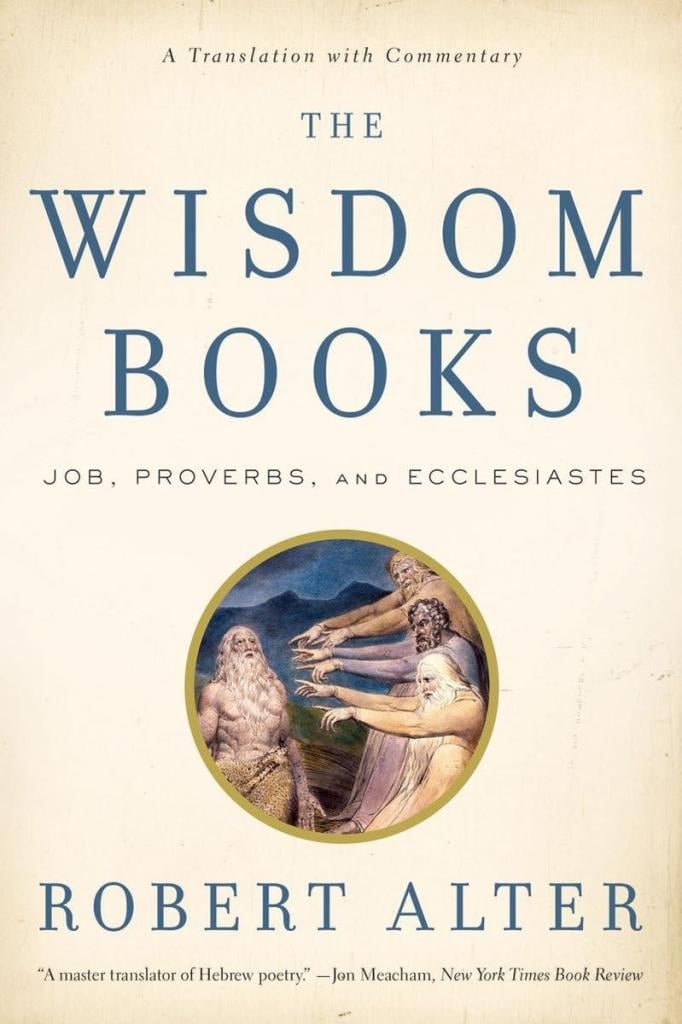Many of the contrasts in Proverbs are based in nature of course, because the sage studies nature and human nature. For example, Prov. 26 begins as follows: “Like snow in the summer, like rain at the. harvest, so honor does not show up for a fool.”
The sage has confidence in God, that he will protect his ‘little ones’ and ‘faithful ones’ hence “as a bird for wandering, as a swallow for flying away, so a groundless curse will dissipate, not come to pass.”
Sometimes, these proverbs are simply riddles like 26.4-5– ‘Do not answer a dolt in his folly, lest you become like him.’ And then, ‘Answer the dolt by his folly, lest he seem wise in his own eyes.’ As Alter points out the Hebrew word translated folly is iwelet, but the word translated ‘dolt’ by Alter is a totally different word. I agree with Alter’s alteration from the usual translation which simply has a fool in his folly.
So what do we make of this? The first saying warns that one may dishonor yourself if you say something as foolish as the fool has just said. But the second saying is about shaming the fool. In other words perhaps mocking the fool by repeating what he said in a sarcastic way hence the phrase answering ‘by his own folly’. In other words, there is an occasion for both retorts and this is not simply a flat contradiction in two Hebrew phrases.
Vs. 11 is a familiar, and disgusting, proverb– ‘like a dog returning to his vomit, is a dolt returning to his folly’. What our sage is not after living life by what we call ‘common sense’, but rather according to godly sense, being wise in a Biblical sense.
But it is not just the fool that is critiqued in this chapter, it is also the sluggard. “The sluggard is wise in his own eyes than seven who answer with good sense.” “A door turns on its hinge, and the sluggard on his bed.” Think the Big Lebowski and you will have a picture of the kind of person the sage is critiquing here.
This same chapter critiques the grumbler and deceiver ‘without a grumbler, strife falls silence’ (vs. 20). But the sage has confidence that the deceiver will get his just rewards– ‘Though he makes his speech fair, do not trust him, for seven loathsome things are in his heart’ (vs. 25). ‘Who digs a pit will fall into it, and who rolls a stone will find it rolling back on him.” (vs. 27).












 English (US) ·
English (US) ·